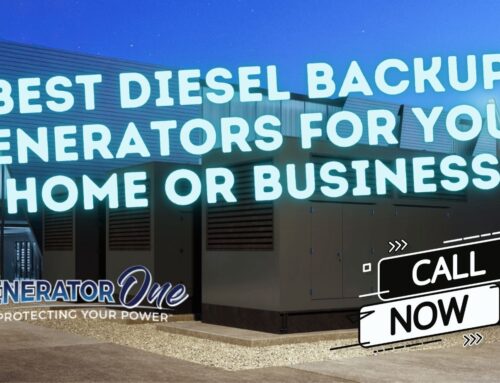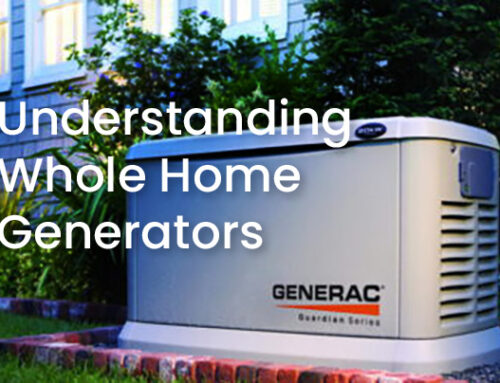Ohio’s location in the Midwest region exposes the state to extreme weather swings, from harsh winters to summer heat waves or extreme drought. The last several years have put the state at high risk for outages. Generator One can help you protect your home, family and business when you’ve lost power with affordable solutions to electricity access.
1. Extreme Heat
Extreme heat is becoming a more common summertime occurrence in Ohio. This can lead to rolling blackouts as the electricity supply is depleted. When people are forced to run their air conditioners more frequently, it can overload the electrical grid, and power plants may be ordered to use rolling blackouts to ensure nobody experiences a catastrophic power outage.
These power grid shortages can be inconvenient and disturb your routine, especially if you work remotely. Having a backup generator can protect you so that your routine and schedule aren’t interrupted.
2. Disruptions to the Global Power Supply
The global energy market has been trying to keep up with increased demand due to supply chain issues and the Covid-19 public health problem. More people work from home due to choice or because their employers require it. This added strain has many companies racing to keep up.
In addition to using fossil fuels such as natural gas and coal, power plants are now getting energy from renewable energy sources such as wind and solar. The power grid is still adapting to these changes, so summer blackouts are still possible this year.
3. Climate Change
Climate change is one of the driving factors behind widespread power outages in recent years. Over the last two centuries, greenhouse gas emissions are now contributing to more frequent extreme weather events, drought, heat waves and increased power outages. Ongoing drought can even hamper green energy efforts, rendering some power generation less effective.
When power grid operators can’t rely on green energy emissions to boost power generation, they must turn to coal plants and natural gas supplies. Summer demand also results in higher energy prices. A backup generator gives you access to a reliable power source during the hottest months of the year.
4. Severe Weather
Summer months bring a high risk of severe storms that can knock out transmission lines and damage the power grid stations that serve large portions of Ohio. A severe storm can easily disrupt the power grid leaving tens of thousands of people without power until the electric company can restore access to the power grid. A heat wave or extreme drought in another part of the country can also indirectly affect Ohio’s power demand as hydroelectric and wind power supplies dwindle.
Securing your power reliability can protect you during the summer heat, when power outages put you at high risk of losing your perishable food, suffering from heat stroke and increasing your vulnerability to shelter in place during a summer storm.
5. Increased Energy Demand
Renewable power initiatives are increasing the electricity demand. People are beginning to turn to electric vehicles to address rapidly rising gas prices, but these vehicles must be charged. While they can save people money at the pump, research shows they put more strain on the power grid when recharging overnight. One of the risks of owning an electric car is that rolling outages could leave you stranded if you’re left without the power to charge your battery enough to reach your destination.
Electric companies are having trouble keeping an adequate power supply during the summer months to support the influx of electric and hybrid cars hitting the roads. The best way to ensure you are never without power is to have a backup home generator that automatically supplies power to your home when it detects an outage.
What Is a Standby Generator?
Traditional backup generators use fuel such as gasoline or propane and need to be physically started to generate power for your home. They can produce enough power for your essential needs but often fall short of modern power demands. A standby generator is a solution to electric grid failure that automatically provides access to power when it detects power loss. It usually uses a reliable fuel source such as natural gas that won’t be disrupted during a storm or rolling blackout.
Purchasing the right generator for your home can be expensive, and you must maintain it regularly to receive uninterrupted electrical access regardless of weather events, public health disruptions, and stoppages to the power grid. Generator One makes having access to a backup power system affordable by renting the unit to you and covering all the routine maintenance as part of your service contract.
Installing a backup generator can increase the value of your home, and your service contract is transferable to the next homeowner. Renting a generator instead of financing also helps you maintain your credit rating because it’s not a debt. You don’t pay any money upfront; your service contract includes a locked rate that never goes up.
Contact us today to learn more about our backup generator systems. We can determine which system is best for your needs and ensure you always have access to power when you need it.




